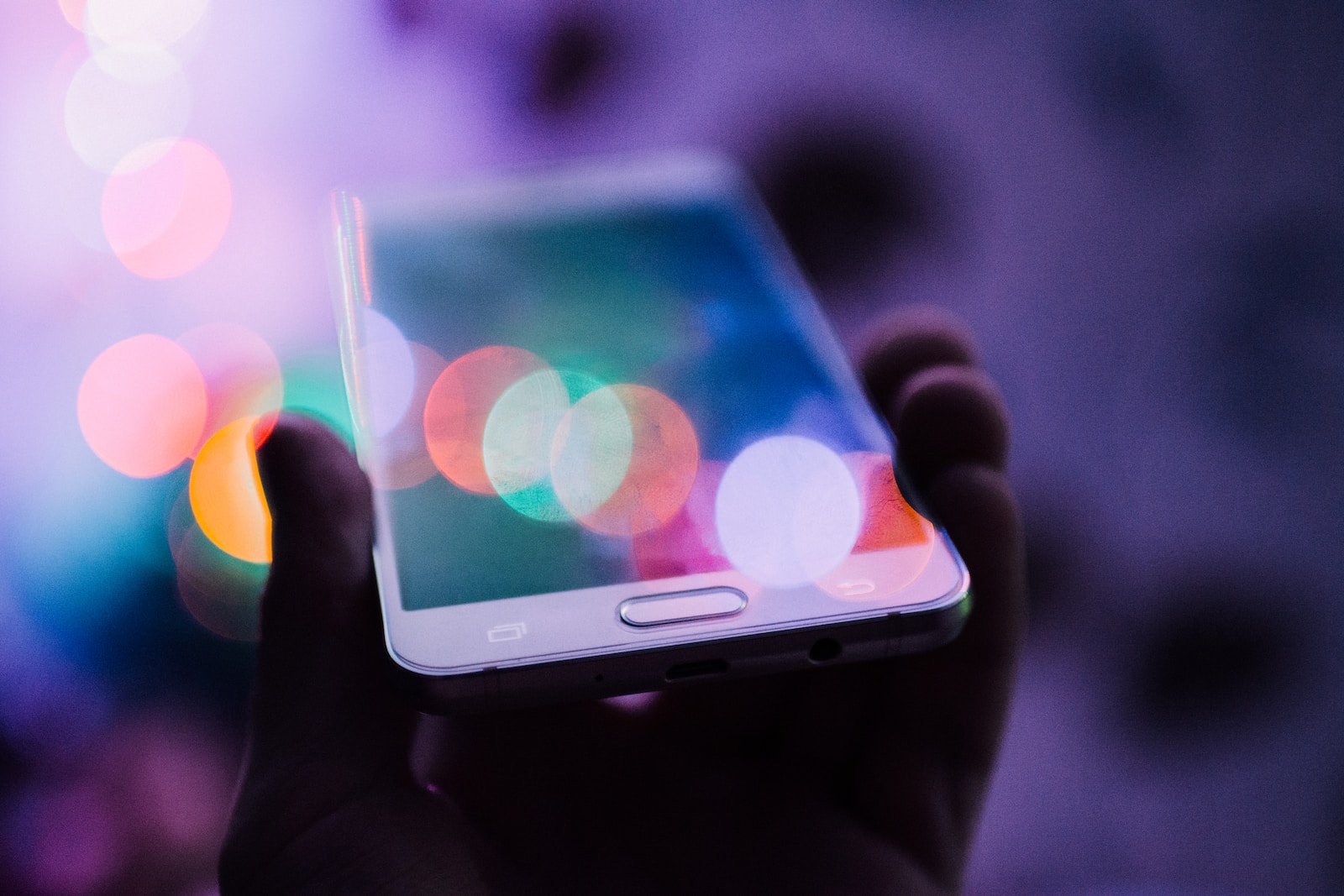In today’s modern society, we’re surrounded by technology everywhere we go. From smartphones to laptops, it’s easy to feel like we’re always connected to the digital world. While technology has undoubtedly made our lives easier in many ways, it’s also important to recognize the negative effects it can have on our mental and physical health. That’s why it’s essential to unplug and take a digital detox from time to time. In this blog post, we’ll explore the importance of unplugging and taking a break from our devices.
What is a digital detox?
A digital detox is a period of time where you intentionally disconnect from your devices and the online world. This can involve taking a break from social media, turning off your phone or computer, and engaging in offline activities.
The benefits of a digital detox
- Reduce stress and anxiety: Constantly checking emails, notifications, and social media updates can increase stress and anxiety levels. A digital detox can help you disconnect from these stressors and improve your mental well-being.
- Improve sleep quality: The blue light emitted by electronic devices can disrupt our circadian rhythm and make it harder to fall asleep. By disconnecting from our devices, we can improve our sleep quality and feel more rested.
- Increase productivity: Constantly checking our devices can be a major distraction and reduce our productivity. By unplugging and focusing on one task at a time, we can increase our productivity and get more done in less time.
- Strengthen personal relationships: Spending too much time on our devices can negatively impact our personal relationships. By disconnecting and engaging in face-to-face interactions, we can strengthen our personal connections and improve our social well-being.
- Improve mental clarity: Disconnecting from technology can help clear our minds and improve our mental clarity. This can lead to increased creativity, better decision-making, and an overall sense of well-being.
How to take a digital detox
- Set a timeframe: Decide how long you want your digital detox to last. It could be a few hours, a full day, or even a week.
- Communicate with others: Let others know that you’ll be disconnecting and won’t be available for a period of time. This can help reduce the pressure to constantly check your devices.
- Plan offline activities: Plan activities that don’t involve technology, such as hiking, reading a book, or spending time with friends and family.
- Turn off notifications: Turn off notifications on your phone and other devices to reduce the temptation to check them.
- Practice mindfulness: Engage in mindfulness practices, such as meditation or deep breathing, to help you stay present and focused.
- Reflect on your experience: After your digital detox, reflect on how you feel and the benefits you experienced. This can help motivate you to continue unplugging from time to time.
Tips for maintaining a healthy relationship with technology
- Set boundaries: Establish boundaries around your device usage, such as not checking your phone during meals or before bedtime.
- Create tech-free zones: Create areas in your home, such as your bedroom or dining room, where devices are not allowed.
- Limit social media usage: Consider limiting your social media usage or taking a break from it altogether.
- Use technology for good: Use technology for positive activities, such as learning a new skill, connecting with loved ones, or practicing mindfulness.
- Take breaks: Take breaks throughout the day to stretch, move, and rest your eyes from the screen.
In conclusion, unplugging and taking a digital detox from time to time is essential for our mental and physical health. By disconnecting from technology, we can reduce stress and anxiety, improve our sleep quality, increase productivity, strengthen personal relationships, and improve mental clarity. Remember, it’s important to set boundaries around our device usage and use technology for positive activities. So, take some time to unplug and engage in offline activities, and reflect on the benefits you experience. With these simple practices, you can create a healthier relationship with technology and live a more balanced life.
